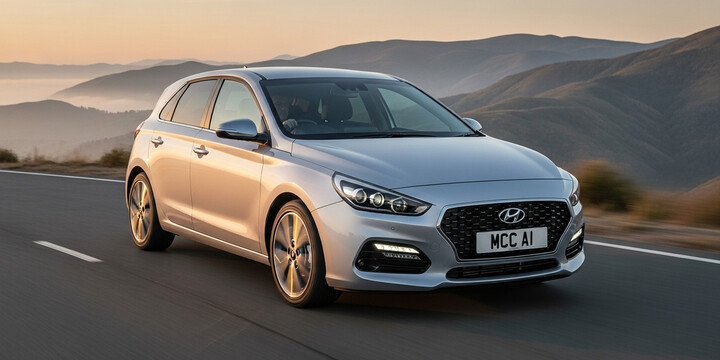HYUNDAI I30 HATCHBACK (2020-24)

Buyer's Guide & Data from our Checks
The HYUNDAI I30 HATCHBACK (2020-24) is a popular compact car designed primarily for city driving and everyday use. As a hatchback, it offers practicality and efficiency, making it an attractive option for urban dwellers, small families, and first-time car buyers. Its stylish design combined with a reputation for reliability makes it one of the standout models in the competitive hatchback segment. This model’s features and fuel economy appeal to those seeking a vehicle that balances comfort, economy, and practicality.
According to mycarcheck.com data, there have been 1,638 lookups for the HYUNDAI I30 HATCHBACK (2020-24), with most vehicles having around 26,000 miles on the clock and an average private sale value of approximately £20,600. The model is often used for daily commuting or family outings, reflecting its versatility and ease of handling. The typical ownership history indicates that most owners tend to keep the vehicle for around 9,000 miles per year, highlighting its reliability and suitability for regular use.
What sets the HYUNDAI I30 HATCHBACK (2020-24) apart from rivals is its combination of modern design, practical features, and good fuel efficiency. It is appreciated for its smooth driving experience and especially for its value for money in the used car market. Known for being a dependable choice, it balances affordability with a comfortable ride, making it a strong contender in the small family or commuter car class in the UK.
Key Findings
The following statistics are drawn from our checks of 758 different vehicles, run between February 18th 2021 and December 31st 2025. These real-world insights provide context for this vehicle's place in the market, as well as its typical usage.
1,638
Lookups
Lookups
14
Hidden Histories
Hidden Histories
36k
Average Mileage
Average Mileage
£20,600
Average Valuation
Average Valuation












